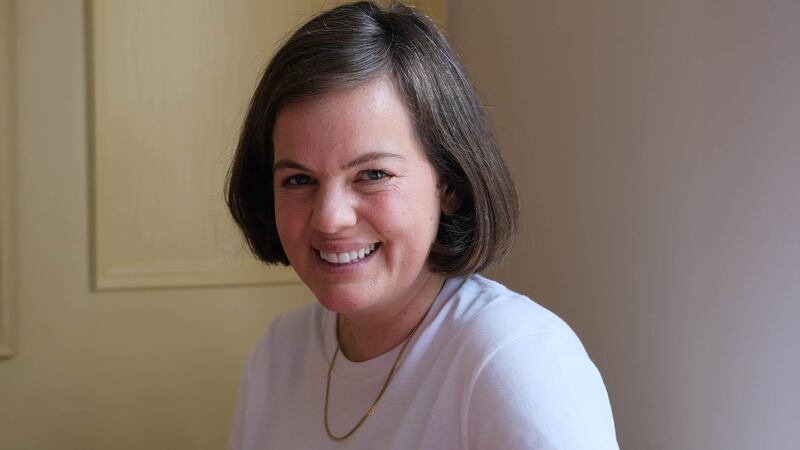You are viewing your 1 free article this month. Login to read more articles.
Shamsie: Women’s Prize forced others to shift on gender
The creation of the Women’s Prize for Fiction made it “embarrassing” for other prizes to have all-male shortlists, Golden Booker judge Kamila Shamsie has said at a discussion event at the Frankfurt Book Fair. It also triggered a “shift” in the representation of women’s voices, she argued.
Shamsie, who won this year’s Women’s Prize for Fiction with Home Fire (Bloomsbury), was discussing the impact the prize has had on the industry, as well as how winning the prize has affected her career. In her role as a judge for the Golden Booker—the award created to celebrate 50 years of the Man Booker—Shamsie was tasked with reading the 10 books that won the prize in the 1990s. Looking at the decade’s shortlists, Shamsie found that in six years either no women were shortlisted, or only one. “It was astonishing,” she said. “Now, it’s very clear that once the Women’s Prize was four of five years in, that the figures [regarding authors’ gender on prize shortlists] shifted. The prize made it embarrassing to have shortlists that were only men, or with just one woman.”
Joanna Prior, m.d. of Penguin General and chair of the Women’s Prize’s board, agreed. She said women are now better represented on prize shortlists, but said it may not be a direct result of the award. Prior also went on to say that despite the increased reach and notoriety of the Women’s Prize, the need for female voices to be celebrated “could not be more important than it is now. [The prize aims] to remain a constant commitment to women’s voices and ensuring those voices are celebrated.”


















